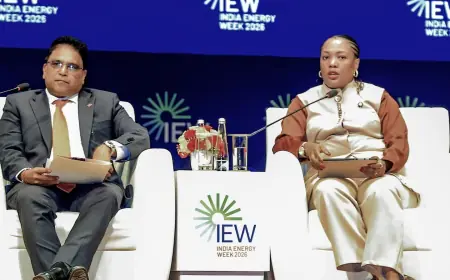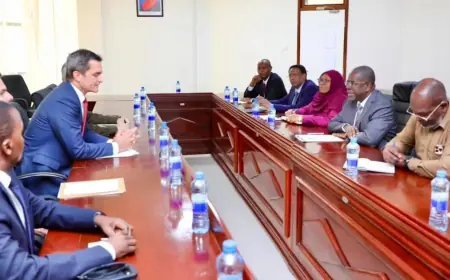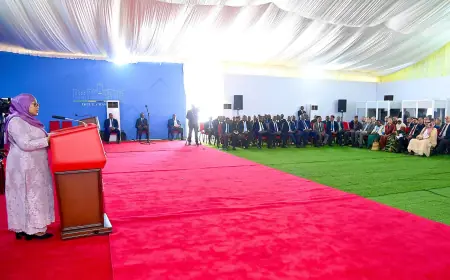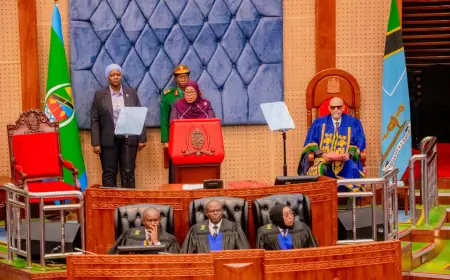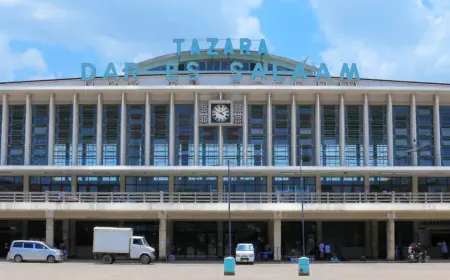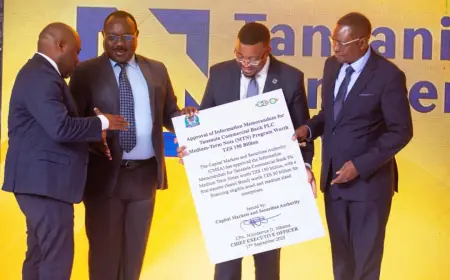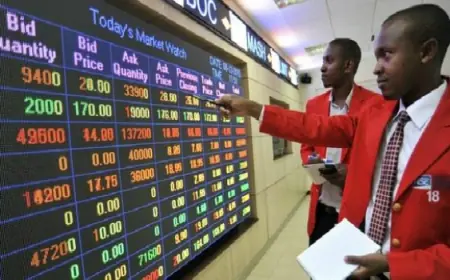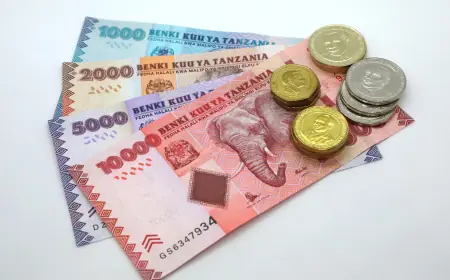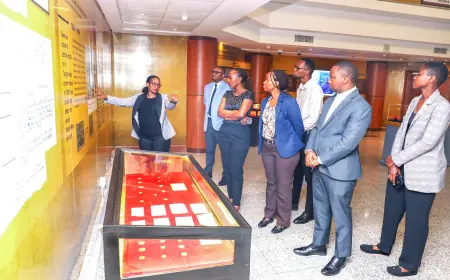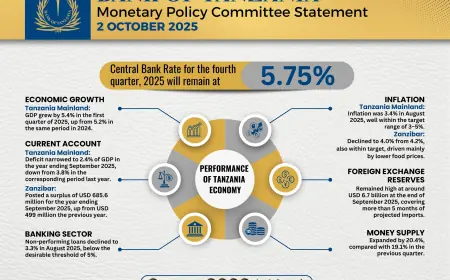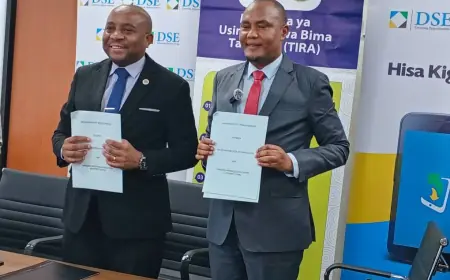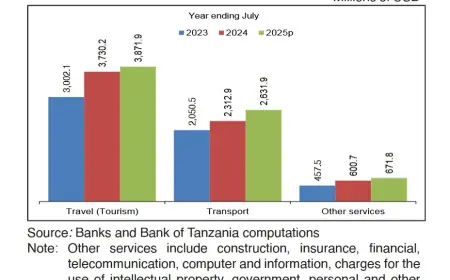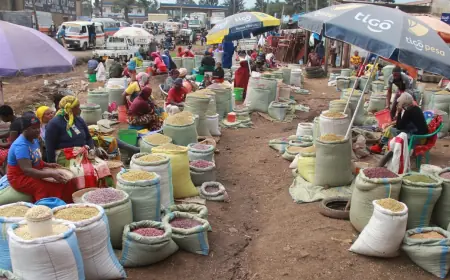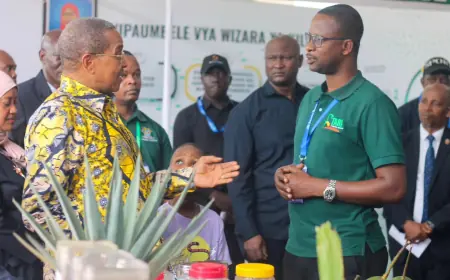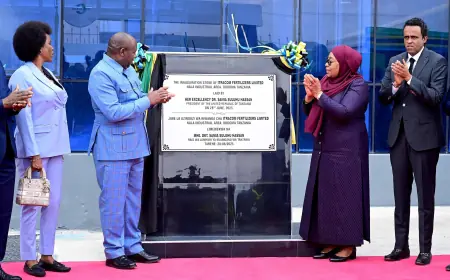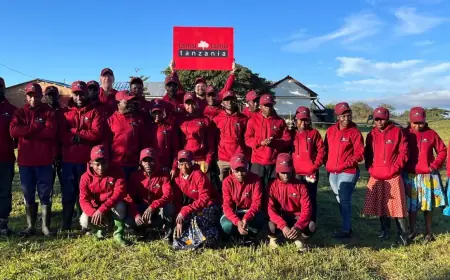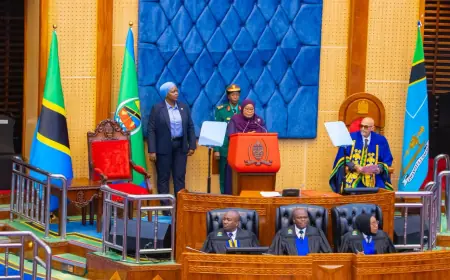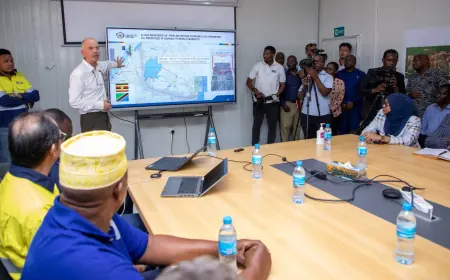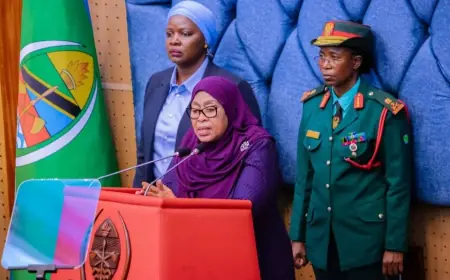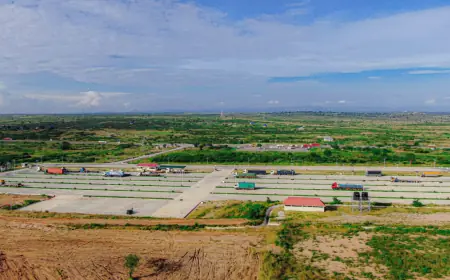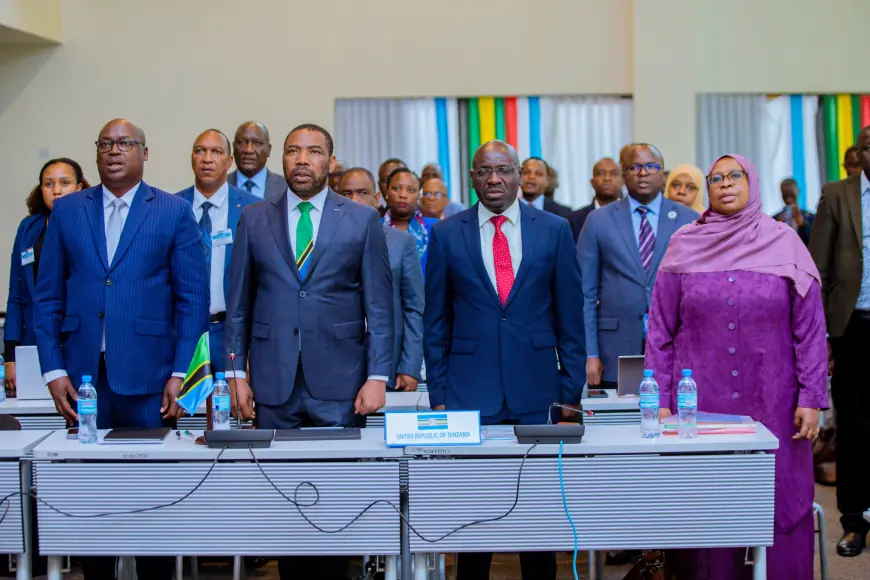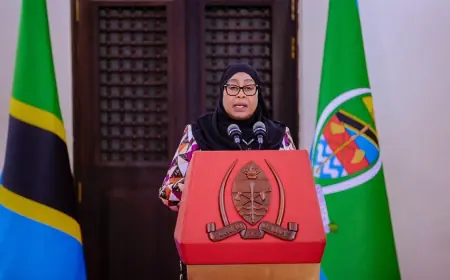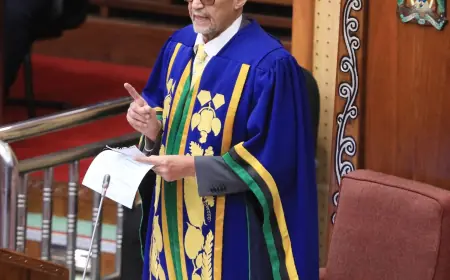EAC ministers agree on tax, duty exemptions list to boost trade and investment
the meeting deliberated on a wide range of issues, including tax measures enacted through national finance laws that have the potential to discriminate against goods produced within the region
Arusha. East African Community (EAC) ministers responsible for finance and economic affairs have agreed to prepare a comprehensive list of goods eligible for tax and duty exemptions as part of efforts to accelerate regional trade and investment, in line with the implementation of the EAC cooperation protocol.
The agreement was reached during the First Emergency Meeting of the Sectoral Council on Finance and Economic Affairs (SCFEA), held at the EAC Headquarters in Arusha on July 25, 2025 and chaired by Tanzania’s Minister for Finance, Dr Mwigulu Nchemba.
According to Dr Nchemba, the meeting deliberated on a wide range of issues, including tax measures enacted through national finance laws that have the potential to discriminate against goods produced within the region.
He emphasised that harmonising tax incentives and exemptions across member states was essential to ensuring the equitable treatment of goods and bolstering intra-regional trade.
The ministers’ decision is in response to directives issued during the 46th Meeting of the Sectoral Council on Trade, Industry, Finance and Investment (SCTIFI) as well as consensus reached during recent EAC pre-budget consultations held in May 2025.
“The meeting discussed how some national tax provisions inadvertently favour domestically produced goods over those originating from other EAC partner states, undermining the spirit of regional integration,” said Dr Nchemba.
The Tanzanian delegation included Deputy Minister for Industry and Trade, Mr Exaud Kigahe; Deputy Minister for Foreign Affairs and East African Cooperation (East African Affairs), Mr Dennis Londo; and Deputy Permanent Secretary in the Ministry of Finance, Ms Amina Khamis Shaaban.
The meeting comes amid growing concern among regional experts about the resurgence of protectionist policies within the EAC bloc.
Analysts have cited the increasing use of “stay of application” clauses by member states as a hindrance to deeper regional integration.
These clauses allow member states to temporarily opt out of agreed regional commitments, often citing domestic economic or fiscal pressures.
While intended to provide flexibility, their frequent application risks eroding trust and cooperation among partner states.
Experts argue that such measures contradict the EAC’s foundational goals of establishing a common market, ensuring the free movement of goods, services and people, and fostering a seamless investment environment.
Dr Zubeda Msuya, a regional trade analyst based in Arusha, warned that the proliferation of exemptions and unilateral tariffs could lead to a fragmented regional landscape.
“When states act in isolation and fail to align their trade and fiscal policies with regional commitments, it sends the wrong signal to investors and businesses that are banking on the EAC as a unified economic space,” she said.
Instances have been recorded where EAC member states have imposed tariffs or non-tariff barriers on imports from neighbouring countries, citing protection of local industries.
Other examples include stricter border controls or abrupt changes in import/export procedures, all of which run counter to the bloc’s integration agenda.
Analysts have termed this growing phenomenon as a “stay of African” approach — a situation where national interests are repeatedly prioritised at the expense of regional objectives.
To address this, the SCFEA meeting also reviewed the implications of such measures and reaffirmed the need for a harmonised framework to guide tax policy, investment incentives and cross-border trade practices within the Community.
Ministers agreed to direct EAC technocrats to compile a unified list of goods and services that will be eligible for exemptions from common external tariffs and other duties, with the aim of reducing inconsistencies and strengthening regional value chains.
The proposed list will take into account goods that are critical for industrial growth, agricultural productivity, and technological advancement across the bloc.
As the EAC continues to deepen its integration agenda, officials and policy experts insist that commitment to common protocols must be matched by action on the ground.
Without it, the goals of shared prosperity, sustainable development, and enhanced economic competitiveness may remain elusive.
The EAC comprises seven partner states: Tanzania, Kenya, Uganda, Rwanda, Burundi, South Sudan and the Democratic Republic of Congo.
Collectively, they form a market of over 300 million people, with an ambition to establish a monetary union and, eventually, a political federation.
The outcomes of the SCFEA meeting are expected to feed into upcoming meetings of the EAC Council of Ministers, where further decisions on implementation timelines and institutional coordination mechanisms will be discussed.
What's Your Reaction?
 Like
0
Like
0
 Dislike
0
Dislike
0
 Love
0
Love
0
 Funny
0
Funny
0
 Angry
0
Angry
0
 Sad
0
Sad
0
 Wow
0
Wow
0
